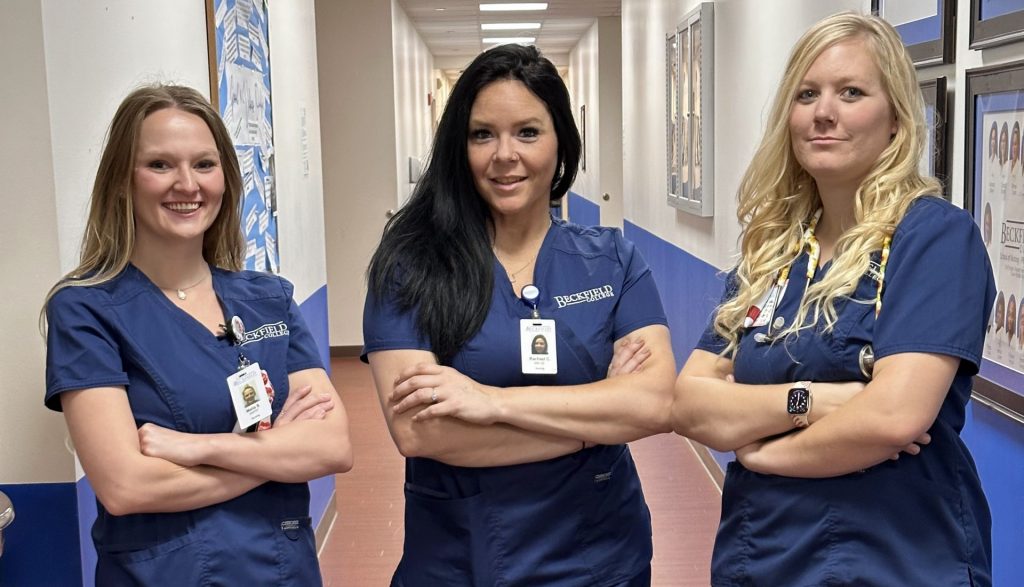
So You Want to Be a Registered Nurse? Here’s What You Need to Know
Thinking about a healthcare career? Have you considered nursing? Registered Nurses (RNs) are the backbone of the medical field, playing a vital role in patient care. If you’re wondering what it takes to become a Registered Nurse, you’ve come to the right place!
What is a Registered Nurse (RN)?
An RN is a licensed healthcare professional who provides and coordinates patient care. They work alongside doctors and other healthcare providers to ensure patients receive the best possible treatment. Registered nurses can work in a variety of settings, from hospitals and clinics to nursing homes and home healthcare.
What Does a Registered Nurse Do?
An RN’s day-to-day tasks can vary depending on their specific specialty and work environment. But generally, their duties involve:
- Patient assessment: This includes taking vital signs, monitoring symptoms, and collecting medical history.
- Medication administration: RNs administer medications through various routes, ensuring accuracy and proper dosage.
- Wound care: Dressing wounds, monitoring healing progress, and providing pain management are all part of an RN’s skill set.
- Patient education: RNs play a crucial role in educating patients about their conditions, medications, and self-care strategies.
The Skills You Need to Be a Successful RN
Beyond the technical skills, being a great RN requires a strong foundation in:
- Collaboration: Working effectively with doctors, therapists, and other healthcare professionals is essential.
- Communication: Clear and concise communication with patients, families, and colleagues is paramount.
- Critical thinking: Analyzing situations, prioritizing tasks, and making sound decisions are crucial in a fast-paced healthcare environment.
- Documentation: Maintaining accurate and detailed patient records is vital for quality care.
How to Become a Registered Nurse
To become an RN, you’ll need to complete a nursing education program and obtain a license. There are three main paths you can take:
- Associate’s degree in nursing (ADN): This two-year program is a popular option for aspiring RNs.
- Diploma in nursing: Offered by hospitals and vocational schools, diploma programs typically take two to three years to complete.
- Bachelor’s degree in nursing (BSN): This four-year program provides a broader foundation in nursing science and leadership.
After completing your nursing program, you’ll need to pass the National Council Licensure Examination for Registered Nurses (NCLEX-RN) to obtain your license.
Is a Career in Nursing Right for You?
Nursing is a demanding but incredibly rewarding career. If you have a passion for helping others, a knack for science, and strong interpersonal skills, then nursing might be your perfect fit.
Ready to take the next step? Research nursing programs in your area and explore the exciting world of healthcare!
- National Council of State Boards of Nursing (NCSBN): https://www.ncsbn.org/
- American Nurses Association (ANA): https://www.nursingworld.org/
